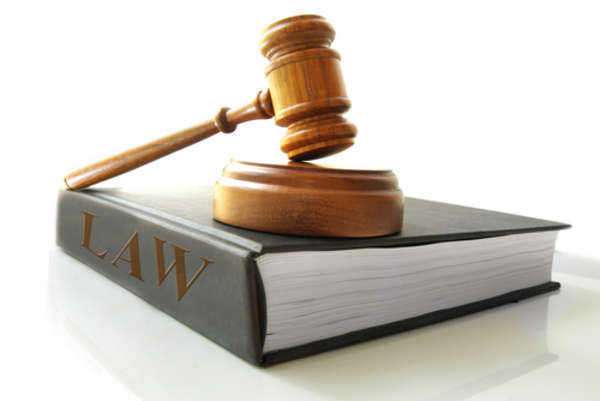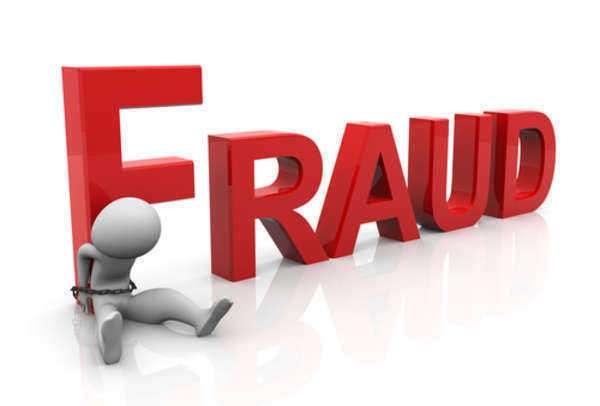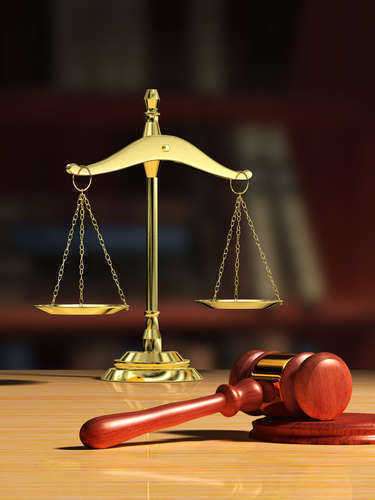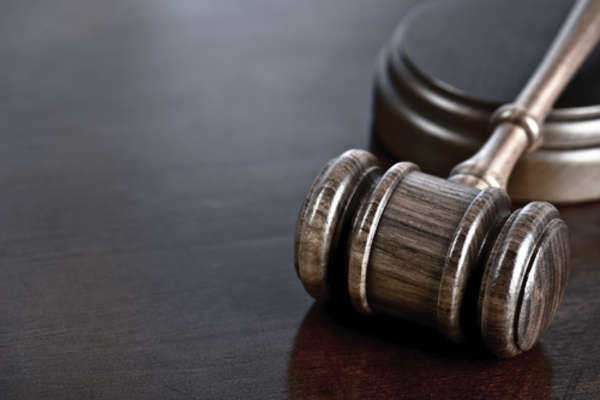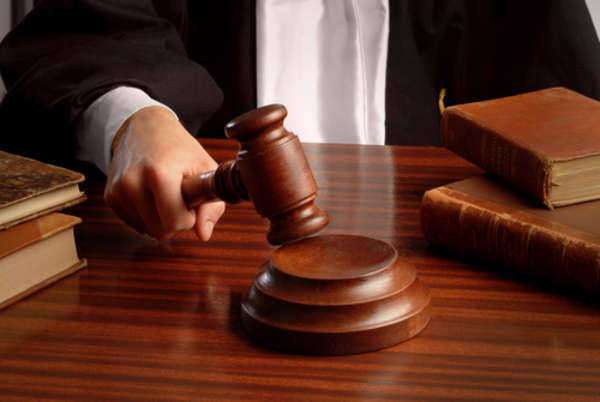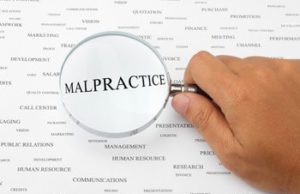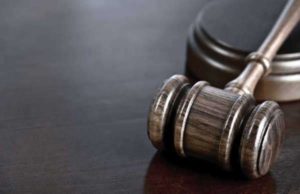Infliction of Mental Distress

Recently there has been a new form of tort laws
attempting to cover a wide range of human nature that was not protected under
the law. Suffering and distress are two elements that for many years in the
United States had been thought to be too hard to quantify, or even defining,
hence there were no court cases or laws on the book regarding the subject.
However, of late, the study of mental distress and the infliction of suffering
on a person have come under a lot more scrutiny. Yet, depending on the state
making a court claim on the basis of infliction of mental distress is still a
very hard case to win. In many instances lawyers attempt to make mental
distress of the infliction of mental suffering which than cause’s distress
analogous to a physical assault.
Courts have been hard pressed to define what stress is
outside of a given incident. A car crash, a severe one cause by another, can
indeed produce mental suffering or distress. In a case such as that it is
easier to make the connection to the mental state of a person and the harm done
since it ultimately stems from a physical incident. The courts run into trouble
when there is no physical incident to cause the mental suffering or distress.
Granted a person can inflict a serious amount of mean words and taunts on another
person but the courts have issue reconciling the verbal actions to distress
unlike how a court can connect a physical punch to an assault. In some states,
such as New York, for a mental distress case to be heard and litigated over the
suffering of an individual had to occur in a public forum. So therefore it
implicitly makes the argument that the person was harassed to a degree (verbal
assault) in a public sphere that led to the person mental anguish do to what
could be a variety of reasons. With the advances of psychiatrics though there
has been more progress being made in understanding how the mind works and how
harsh words can have the same impact as a physical action.
However, in the
defense of the courts, history has usually illustrated that law catches up to
society. So as new breakthrough in mental study occur and the climate for
change to address the issue of mental stresses changes the courts then will
adopt new laws fitting the climate. The courts have usually been a reactionary
body not a proactive body as taking a proactive approach to developing laws may
be considered as infringements on personal freedom.
Tort laws concerning the infliction of mental distress
will go under much more revision in the upcoming years as the environment has
changed in a way that may allow more discussion on the subject. Some point to
the internet as a key example of where mental distress can take place through
the use of social networking sites. While for some it seems depersonalized
there have now been many cases across the country where taunts online cause
real world tragedies. When tort laws develop further this problem may be
alleviated.


